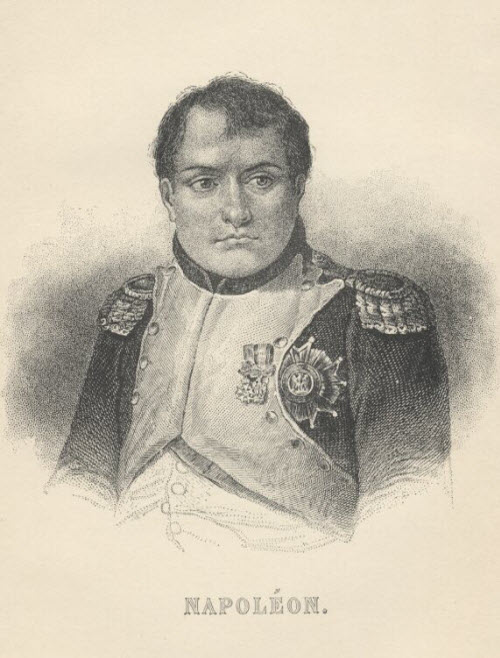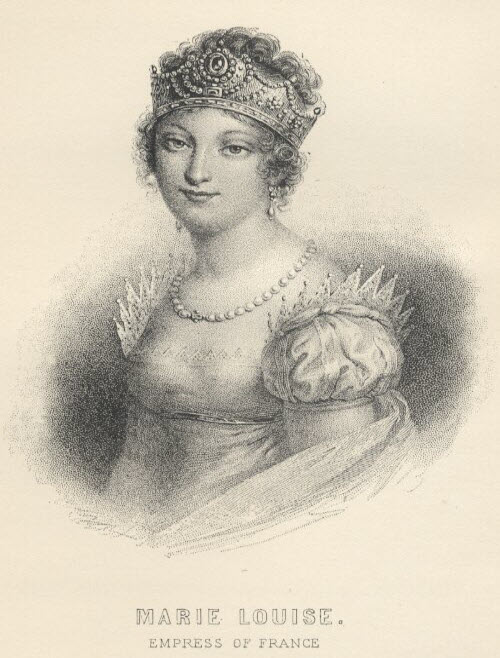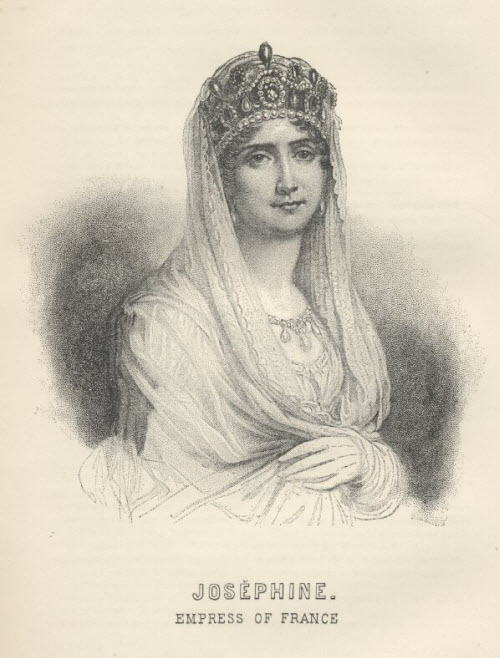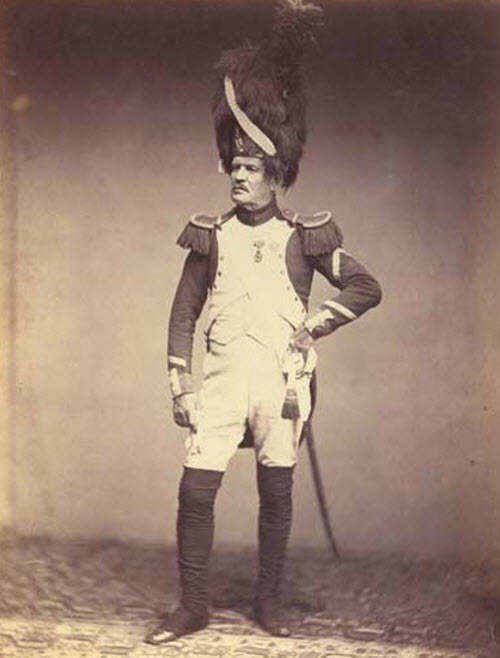Marshal Ney
The Bravest of the Brave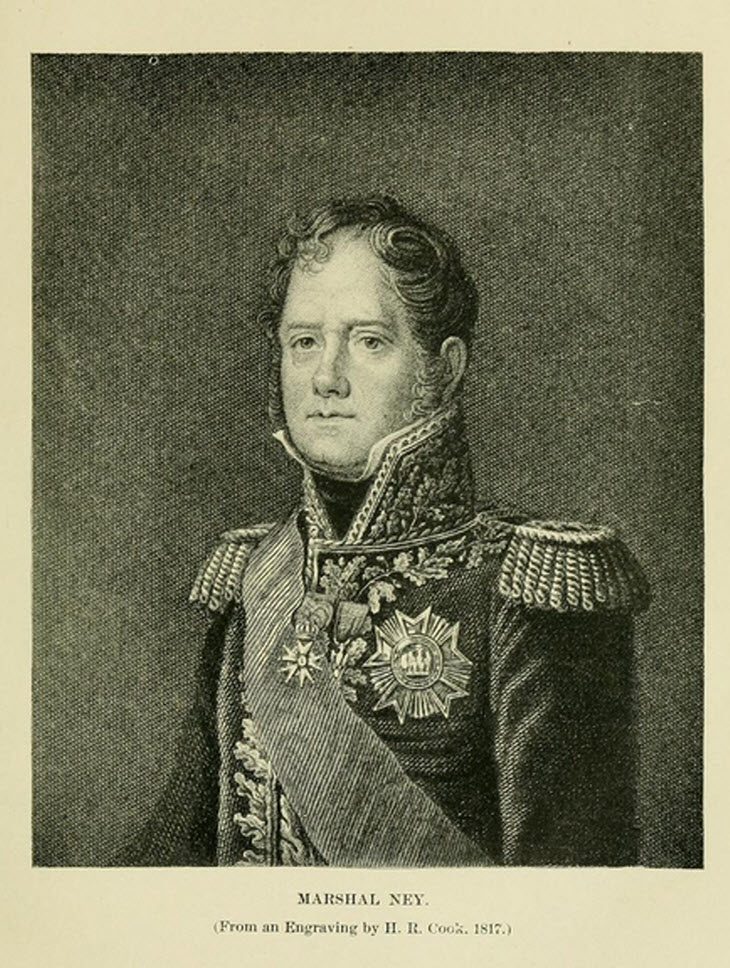
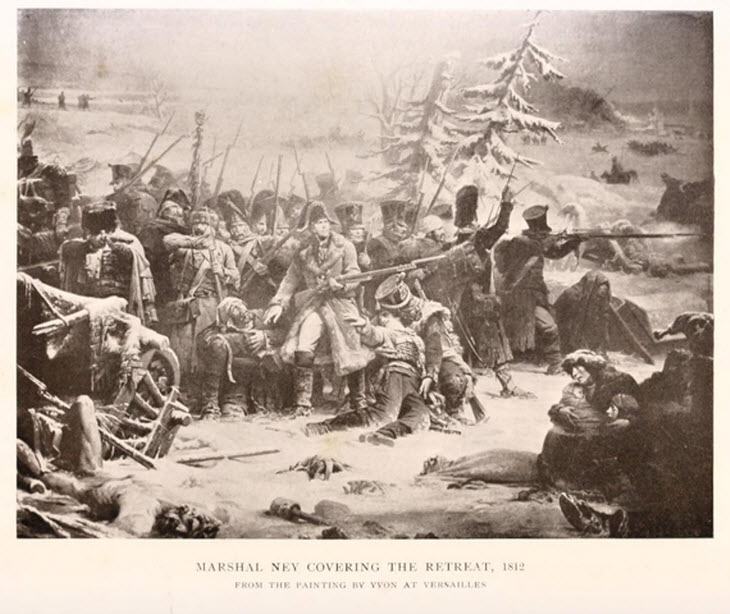
The Brave Lieutenant of Napoleon
Michel Ney (10 January 1769 – 7 December 1815), a celebrated marshal of the first French empire, was the son of a cooper, and was born at Saarlouis, Jan. 10, 1769. He was a non-commissioned officer in a hussar regiment when the revolution began, and afterwards rapidly rose to high military rank. For the capture of Mannheim by a coup de main, he was made a general of division in 1799.
Ney was interim commander of the army of the Rhine for a short time, during which he frustrated by a bold diversion an important movement of the archduke Charles against Massena and the army of Switzerland. After the peace of Luneville, Bonaparte, anxious to win Ney's loyalty, with other republicans, to his party, brought about his marriage with a young friend of Hortense Beauharnais, and appointed him inspector-general of cavalry.
On the establishment of the empire, Ney was made a marshal. As a military officer, Ney gained the nickname "the bravest of the brave" on account of his dashing courage in the face of the enemy. In 1805 he stormed the entrenchments of Elchingen, and was created duke of Elchingen. He afterwards rendered important service in the Tyrol; contributed much to the French successes of 1806 and 1807; and served in Spain with great ability in 1808 and 1809, till he was dismissed by Massena, the commander-in-chief, on a dispute about the plan of the campaign.
Chagrined by this, and dissatisfied with Napoleon's despotism, he remained for some time inactive; but in 1812 received the command of the third corps d'armee, and greatly distinguished himself at Smolensk and the Moskwa, in consequence of which he was created prince of Moskwa. He also displayed great abilities in the French retreat from Russia, commanding the French rear guard and allowing the remnants of the French Army to escape.
He had a principal part in the campaigns of 1813 and 1814, but after the capture of Paris, he urged the emperor to abdicate, and submitted to Louis XVIII., who loaded him with favors. On Napoleon’s return from Elba, Ney assured the king of his fidelity, and was sent against Napoleon at the head of 4,000 men; but finding the emperor to be received with general enthusiasm, and his own soldiers to be favorable to his cause, Ney went over to his side.
In the battle of Waterloo, he commanded the center, and had five horses shot under him. After the capitulation of Paris, he yielded to the entreaties of his family to retire to Switzerland; but a costly Egyptian saber, the gift of Napoleon, led to his being suspected by an official, and arrested. He was condemned to death for high treason, and was shot in the garden of the Luxembourg on the Dec. 7, 1815. He left three sons, who published his Memoires (2 vols. Par. 1833).
During his military career, Ney was celebrated for his bravery and he died as bravely as he had lived. When facing the fire squad, Ney was offered a blind fold but he refuses stating: "Don't you know, Sir, that a soldier does not fear death. He should face it standing and open eyed." Afterwards, De Rochechouart, who had witnessed the execution commented: "This is a great lesson to teach one to die well."
Related Articles
